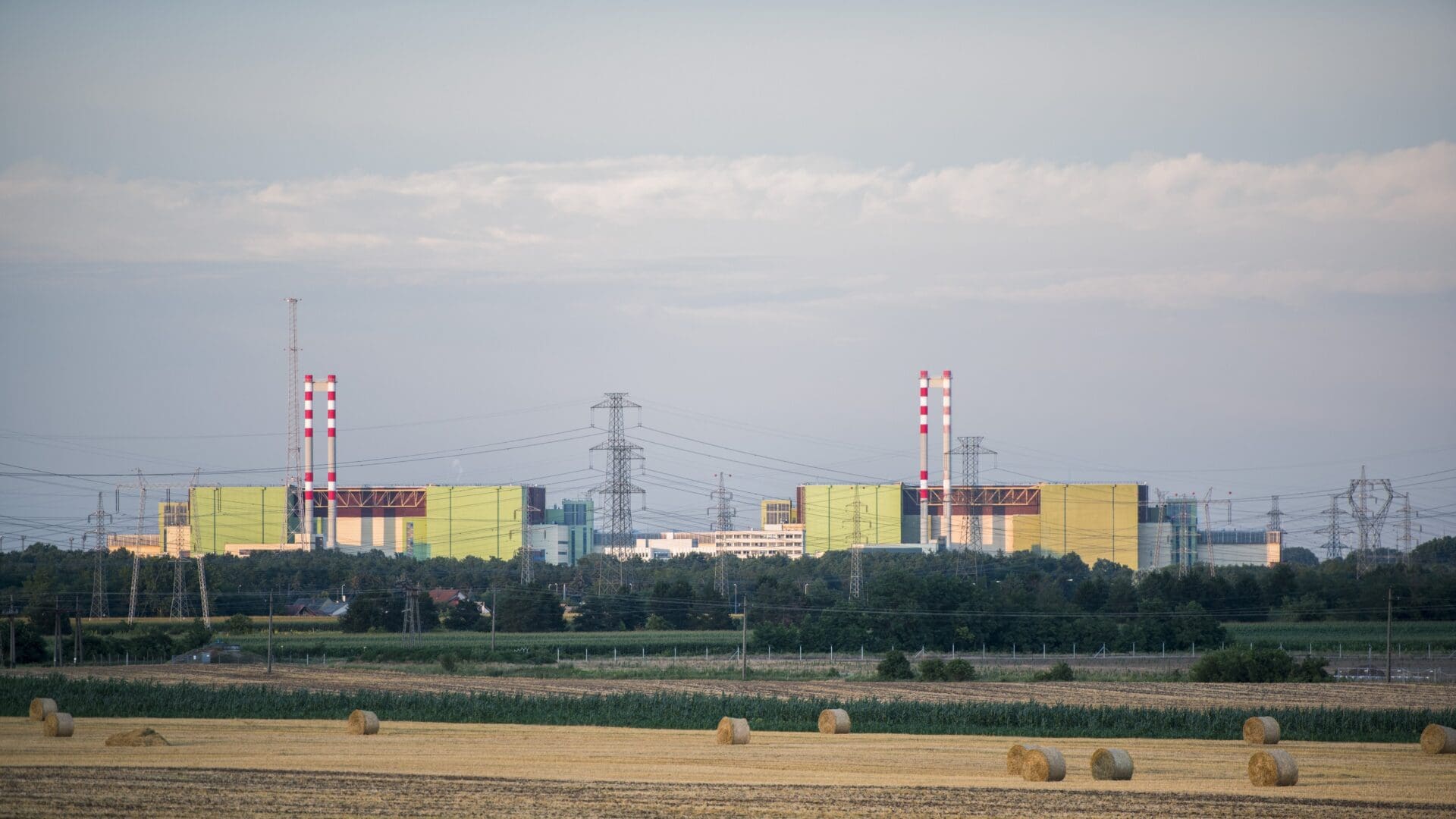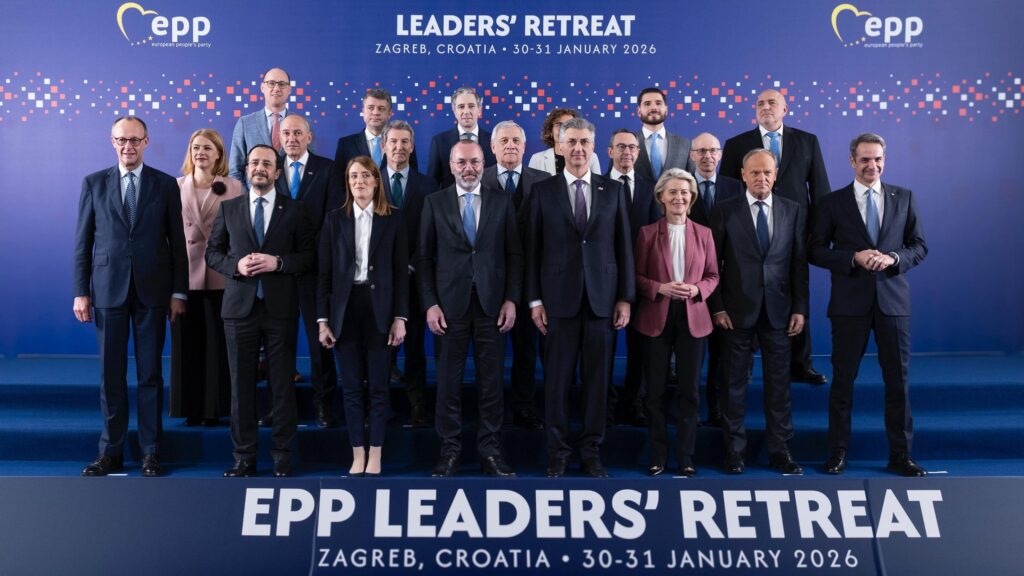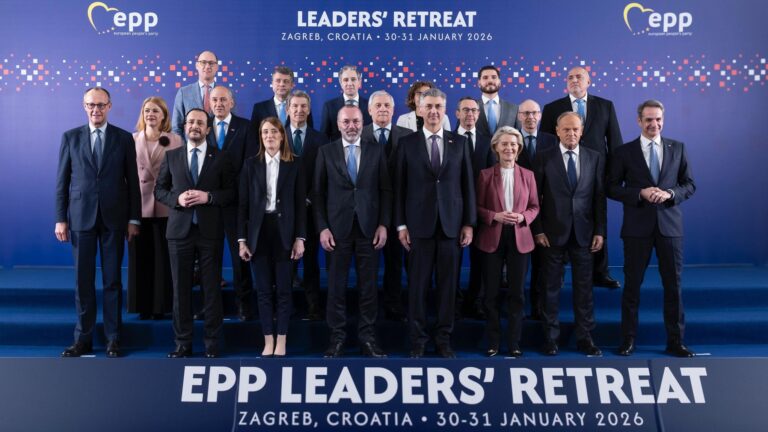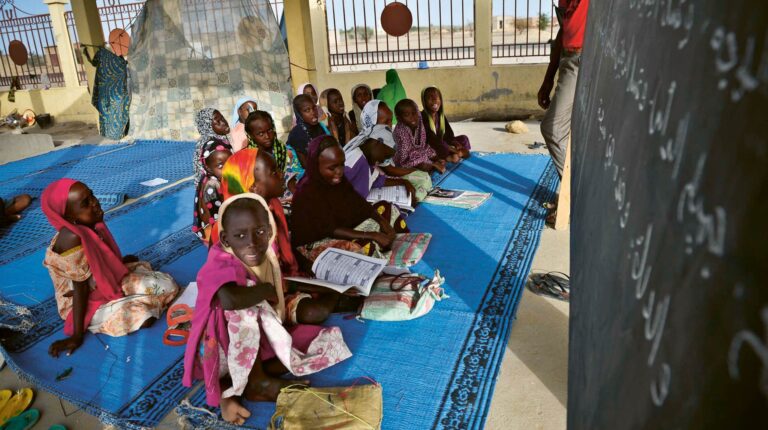The following is an adaptation of an article written by Ákos Péter Mernyei, a research fellow at the Europe Strategy Institute of the University of Public Service, originally published on the Five Minutes Europe blog of Ludovika.hu.
After nearly a decade of legal wrangling, the EU’s highest court ruled last Thursday on the issue of state aid for the Paks II project. Although both the European Commission and the General Court had previously ruled that the matter was lawful, the European Court of Justice’s recent annulment decision means that the entire procedure can start from scratch.
The Paks nuclear power plant development is the largest energy investment in Hungary’s history. The project is not only significant from a financial point of view but is also part of a strategic vision that could make our country, which is not exactly rich in energy resources, much more secure and sovereign in terms of energy, or in short, ‘better off’. In our increasingly multipolar and conflict-ridden age, the ‘age of danger’, this is obviously of paramount importance. Or rather, it would be, because last week’s decision by the European Court of Justice (ECJ), which overturned the Commission’s decision to allow state aid for the project, although it does not directly prevent it, adds another, likely lengthy legal battle to the fate of the development.
The case has a long history, which is worth reviewing, not only to gain a clear understanding of the legal aspects, but also to appreciate how slow and ‘clumsy’ European justice can be, and what difficulties this can pose for developments in the member states.
Almost 12 years ago, in January 2014, an intergovernmental agreement was signed between Russia and Hungary on the construction of the Paks nuclear power plant. According to the agreement, Hungary intends to build two new nuclear reactor units, which will be owned and operated by MVM Paks II Ltd. The development aims to bring into service an additional nuclear-based electricity generation capacity of at least 2000 MW at Paks, which will also replace the older units that have become obsolete in the meantime. To illustrate the energy significance of the development, there are currently four reactor units in operation at Paks, with a total installed capacity of 2,000 MW, which accounts for 53 per cent of Hungary’s electricity production. Consequently, the Paks II investment could (and should) provide more than half of Hungary’s electricity. The agreements also stipulate that Russia will provide a €10 billion credit line for the project’s construction, while Hungary will provide €2.5 billion in funding for the project.
‘The Paks II investment could (and should) provide more than half of Hungary’s electricity’
The European Commission launched an investigation into the EU legality of state aid for the project in March 2014, and after more than three years of information exchange and negotiations with Hungary, it issued a decision in early 2017, finding the aid programme for the development to be in line with EU law.
However, not everyone was happy about this. Austria (together with several Austrian companies active in the renewable energy sector) had already voiced its objections in the proceedings before the Commission, arguing, among other things, that nuclear technology was ‘outdated’ and that there was no place for new nuclear energy development in the European Union. In 2018 it challenged the Commission’s authorizing decision before the General Court, requesting its annulment. The situation was therefore that the Hungarian development had to be defended indirectly by the European Commission (since it was the Commission’s decision that Austria had challenged), which in itself was a piquant situation. It should be added that, apart from Austria, only one other country, namely the Grand Duchy of Luxembourg, intervened on the side of the Commission, while the Czech Republic, the United Kingdom, Ireland, France, Slovakia, and Poland also intervened on the side of Hungary. After more than four years of litigation, the General Court dismissed Austria’s action, and it seemed for a time that development could continue unhindered.
However, Austria did not give in. It appealed against the General Court’s decision and requested the European Court of Justice to annul it on several grounds. One of the legal grounds invoked was that the General Court had misapplied European law when it found that the mere fact that no public procurement procedure had been conducted in connection with the Paks investment (Author’s note: that is, the developer and contractor had been selected based on an international agreement) did not violate EU law.
In the appeal proceedings, the ECJ took a different position from the General Court. In its judgement, which was announced last Thursday and can no longer be appealed, it stated that the European Commission should have examined the compatibility of the Paks project with EU public procurement rules, as this is inseparable from the decision on compliance with state aid rules. If the Commission had found an infringement there, it would have had to prohibit the state aid from being granted to the project. Although the judgment does not contain any legal provisions that are directly disadvantageous to Hungary, its direct consequence is that the European Commission must resume its state aid proceedings, now also considering compliance with public procurement rules.
‘The question arises as to whether Austria would have felt compelled to challenge the Commission’s decision if the investment had been made by an Austrian energy company’
The case also provides lessons beyond the law. On the one hand, Austria, although it presented itself as a champion of green energy at the beginning of the decade-long legal dispute and attacked the Paks II project on the principle that it sought to install outdated, dangerous technology on EU territory, it was ultimately able to ‘push through’ the argument that the power plant contractor was not selected through an open public procurement process. So, the problem is not that it is being built, but how the contractor was selected. The question arises as to whether Austria would have felt compelled to challenge the Commission’s decision if the investment had been made by an Austrian energy company (which Austrian companies do not have the capacity to do). However, this is a matter for Austria. The administration of justice does not take such motivations into account.
On the other hand, and this is a much bigger problem from the perspective of the EU and Hungary, it is highly questionable whether it is indicative of a well-functioning economic community that an EU body responsible for central administration, the ‘guardian of the treaties’, the European Commission, passed a resolution in 2017 approving a project of critical importance to the energy supply and security of a member state, and now, after all this time, this decision is not simply being overturned, but the Commission is being instructed by the ECJ to initiate new proceedings. Is this the start of another decade-long procedure? While the EU promotes green energy (which is highly controversial for many other reasons, such as competitiveness) in every possible forum, EU bodies may keep Hungary in complete uncertainty for decades regarding the feasibility and conditions for implementing its investment in the transition to safe and clean energy.
The situation is not so much about energy as it is about enervation. And the EU’s global competitors need to do nothing more than ask for a cup of coffee.
Related articles:
Click here to read the original article.







